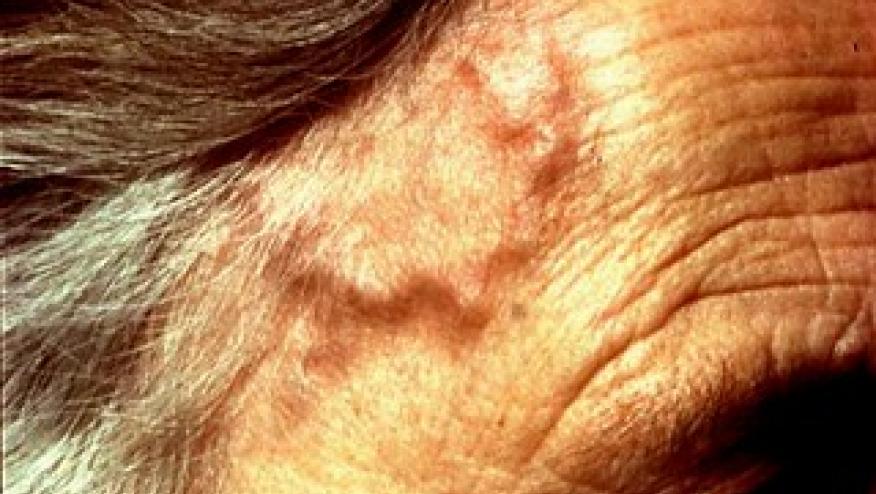Cochrane Review: How Good is Ultrasound Diagnosing GCA? Save

Is temporal artery ultrasound (US) equivalent or superior to the reference standard of temporal artery biopsy (TAB) when diagnosing giant cell arteritis (GCA)?
Expediency in diagnosing GCA is critical to GCA outcomes. Ultrasound (US) has a time and utility advantage, but its use is variable.
The Cochrane analysis reviewed published studies that measured the accuracy of the "halo sign" by US for diagnosing GCA (using studies that compared the accuracy of US and biopsy).
Temporal artery ultrasound was investigated in 15 studies (617 participants with GCA out of 1479, 41.7%), and showed wide variation in sensitivity with a median value of 0.78 (interquartile range (IQR) 0.45 to 0.83), while specificity was fair to good in most studies with a median value of 0.91 (IQR 0.78 to 1.00).
Only four studies reported data at a halo cut‐off > 0.3 mm, finding the following sensitivities and specificities (95% CI): 0.80 (0.56 to 0.94) and 0.94 (0.81 to 0.99) in 55 participants; 0.10 (0.00 to 0.45) and 1.00 (0.84 to 1.00) in 31 participants; 0.73 (0.54 to 0.88) and 1.00 (0.93 to 1.00) in 82 participants; 0.83 (0.63 to 0.95) and 0.72 (0.64 to 0.79) in 182 participants.
Data on a direct comparison of temporal artery US with biopsy were obtained from 11 studies (808 participants; 460 with GCA, 56.9%). The sensitivity of US ranged widely but had a median of 0.75. By comparison, the TAB had a median sensitivity of 0.73.
Comparative studies where both US and TAB were performed, included 11 studies with 808 participants. In a group of 100 people where 40 have GCA and 60 do not, if a threshold is set where 3 out of the 60 people without the condition are wrongly given a positive diagnosis of GCA, US will identify 20 out of the 40 people with GCA, whereas TAB will identify 32. If a threshold is set whereby 12 of the 60 people are wrongly diagnosed as having GCA, US will identify 29 out of the 40 people with true GCA, and TAB will identify 7.
Authors Conclusions
"There is limited published evidence on the accuracy of temporal artery US for detecting GCA. Ultrasound seems to be moderately sensitive when the specificity is good, but data were heterogeneous across studies and either did not use the same halo thickness threshold or did not report it. We can draw no conclusions from accuracy studies on whether US can replace TAB for diagnosing GCA given the very low certainty of the evidence. Future research could consider using the 2016 revision of the ACR criteria as a reference standard, which will limit incorporation bias of TAB into the reference standard."










If you are a health practitioner, you may Login/Register to comment.
Due to the nature of these comment forums, only health practitioners are allowed to comment at this time.